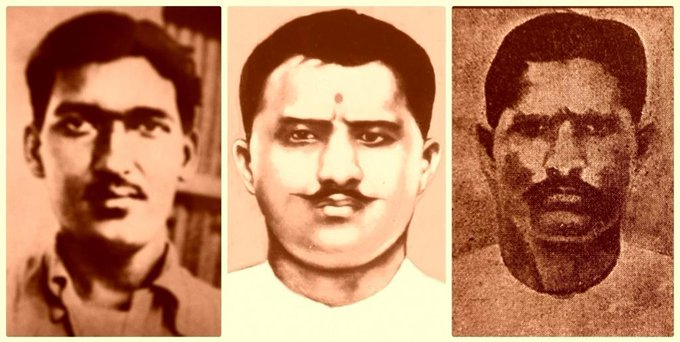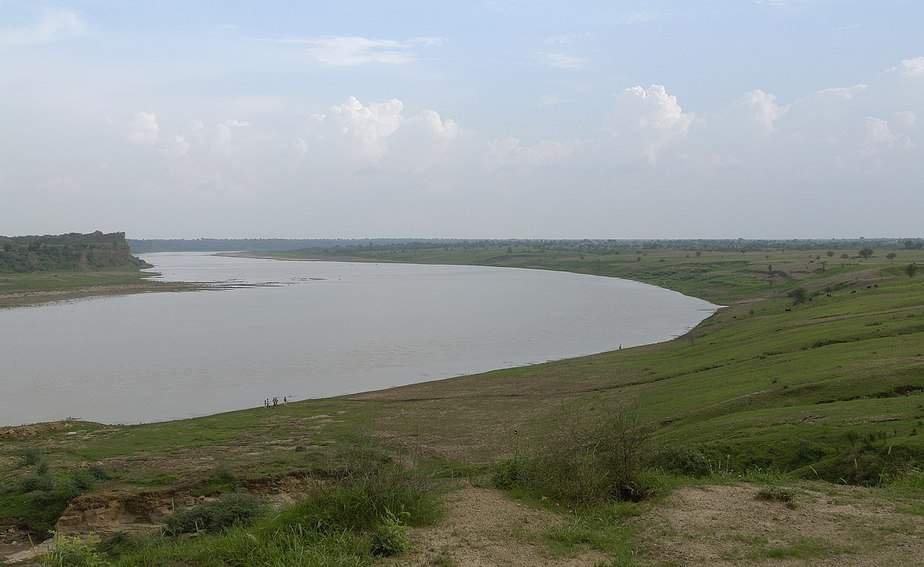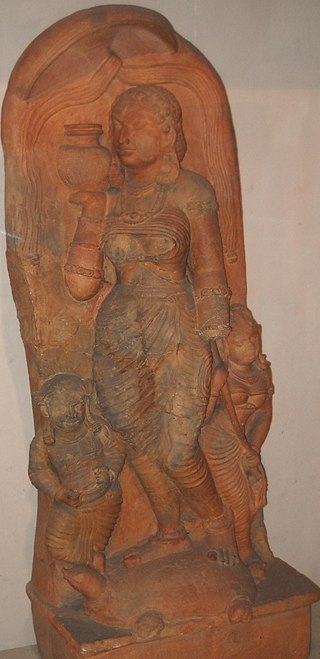With #MahaShivaratri coming up this week, thread on Shaiva Kshetras in Odisha, a state where I had stayed for 4 years, and has some of the most magnificient Shiva Temples in India.
The capital Bhubaneshwar itself gets it's name from one Shiva's names "Tribhubaneshwar", meaning Lord of the 3 Worlds, and is also called as Ekamra Kshetra, as it's believed Shiva meditated under a tree with one mango here. The city is famous for it's Shiva temples.
The magnificient Lingaraja Temple said to have been built by Yayati Kesari and dates to the 10th century. Located over an area of 25,000 sq ft, the temple is marked by it’s huge tower soaring to 180 feet and which is elaborately carved with various sculptures. 

Located over an area of 25,000 sq ft, the temple is marked by it’s huge tower soaring to 180 feet and which is elaborately carved with various sculptures. The huge tower can be seen from any place in the city and is a dominant feature of it’s sky line. 

Right next to the Temple is the Bindusagar lake which is believed to contain drops of every holy river in India. The temple is built in typical Kalinga style architecture, with the main temple, the Bhoga Mandap, Yajna Sala and the Natya Shala.
The Parasurameswara temple is a complex of around 20 small temples and is dedicated to Lord Shiva. This 7th century temple has sculpture of amorous couples, lions, elephants and birds. 

The Mukteswara temple is another ancient 10th Century temple dedicated to Lord Shiva, the torana or the gateway is worth a watch, her for it’s fusion of Buddhist and Hindu styles of Architecture. 

Next to the Mukteswara Temple is the Kedareswara temple, another temple dedicated to Shiva, again famous for it’s sculptures of women, animals, birds. 

Another famous Shaiva temple in Odisha is the Ashtashambu located in Bhubaneshwar, 8 identical temples dedicated to Shiva, in which 5 temples are in one alignment called as Panchu Pandava. 

The Ajaikapada Bhairava temple, located in Jagatsinghpur district, has Shiva standing just on one feet, which also accounts for it's name. The original temple was destroyed during Muslim invasions and it was subsequently rebuilt later. 



The Dhabaleshwar Temple on a small island in the Mahanadi River, near Cuttack. The temple is entirely white in color, and was built by King Yayati Keshari, it is now looked after by the Athagarh royal family. 

One very famous Shaiva Kshetra is Gupteshwar in Koraput district, where the Shiva Linga is located in a cave in very thick jungle. It is basically a limestone cave, and the Shiva Lingam here keeps growing in size every year. 



Indralath Temple in Bolangir district, it's believed Indra worshipped Shiva here, which accounts for it's name. This is a brick temple built around 10-11th century during reign of Somvamshi rulers. 

Kapilash Temple, located near Dhenkanal in a very thick forest, is worth a visit. You could either trek 1352 steps, through a thick jungle or take the winding ghat road. It's believed to be the site of Kapila Maharshi's Ashram. 

The Leaning temple of Huma, around 23 km from Sambalpur, on the banks of the Mahanadi. To date none has been able to explain the reason for it's tilt. Shiva is worshipped here as Bimaleshwar. 

Panchalingeswara Temple at Nilagiri, near to Balasore, so gets it's name from 5 Shivalingas enshrined in a hill, bathed by a perenial stream. This can be reached by a trek through the forests, and is another temple worth visiting. 







Rajarani Temple in Bhubaneshwar, does not actually have a deity inside, and is famous for it's erotic sculptures. The 11th century temple constructed out of dull red and yellow sandstone, is considered a Shaiva Kshetra due to the sculptures on outside walls. 

The Rameshwara Deula Temple is regarded as Mausi Maa of Lingaraja Temple. It's believed to have been built by Shri Rama himself, and one day before Ramnavami, the main deity in Lingaraja Temple comes here in the Rukuna Rath. 

This is not a very exhaustive list of Shiva Temples in Odisha, I shared only the rather well known ones. While the state is more known for Jagannatha worship, there are equally large number of Shaiva Temples in every town and city here.
• • •
Missing some Tweet in this thread? You can try to
force a refresh






















